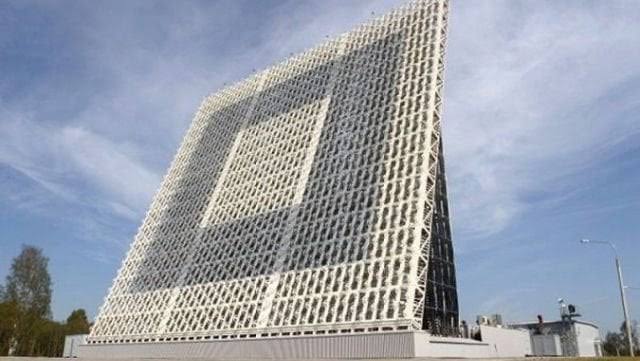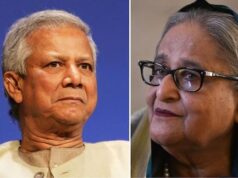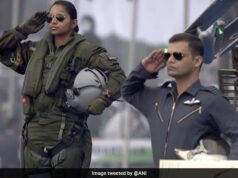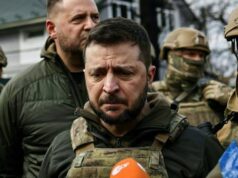India to purchase advanced strategic radar from Russia, rejecting Western Hardware

India has recently finalized a INR 34000 Crores defence deal with Russia for the purchase of a very advanced Voronezh radar system for its Sub Continental level Missile Defence
The Voronezh radar, developed by Russia’s Almaz-Antey Corporation, is going to be the Voronezh-DM (77Ya6-DM) which works in the decimetre range (UHF). It is an advanced early-warning system capable of detecting threats such as ballistic missiles, fighter jets, and intercontinental ballistic missiles (ICBMs) over vast distances.
As per Russian claims the radar can detect targets the size of a “football ball” at a distance of 8000 km. The radar has a range of up to 10,000 km and is capable of simultaneously tracking 500 objects.
Its horizon range is 6000 km and vertical rang is 8000 km (due to radar horizon, this range is only applicable if target is located at altitude of several kilometres.
This radar system is expected to significantly bolster India’s situational awareness across critical regions, including China and the Indian Ocean, thereby addressing evolving security challenges.
The deal also aligns with India’s “Make in India” initiative, with plans for at least 60% of the system to be produced locally.
Russia has around eight of these systems fully deployed and two more are reportedly under construction.For India two of these radar systems will provide full protection with inbuilt redundancy.
This Indo Russian strategic deal has sparked significant outbursts from Western nations. Following Russia’s stand on inclusion of Ukraine into NATO, the Russian Ukraine conflict was inevitable.
Western nations have tried to impose extensive economic sanctions on Russia, aiming to limit its military capabilities.
However full support from BRIC countries and India’s continued military procurement from its most reliable partner Russia highlights the ineffectiveness of these Unilateral Western sanctions.
India only recognizes sanction which are initiated by India itself or by the United Nations. The West has now seen its inability to coerce India to distance itself from Russia.
For India, the Russia- Ukraine conflict is a regional matter which will not deter India’s trade dealings with Russia in spite of Western tantrums.
Critics argue that this deal undermines international efforts to isolate Russia economically and militarily.
Well they forget to define what is ‘international’ when both India and China are not supporting it along with scores of other countries.
The situation reflects a complex interplay of national interests where India seeks to enhance its defence infrastructure while Western Europe is trying to bolster its own.
India has historical strategic relationship with Russia. During 1971 Indo Pak war it was Russia which had stood up for India against direct threat by US and UK naval flotillas.




